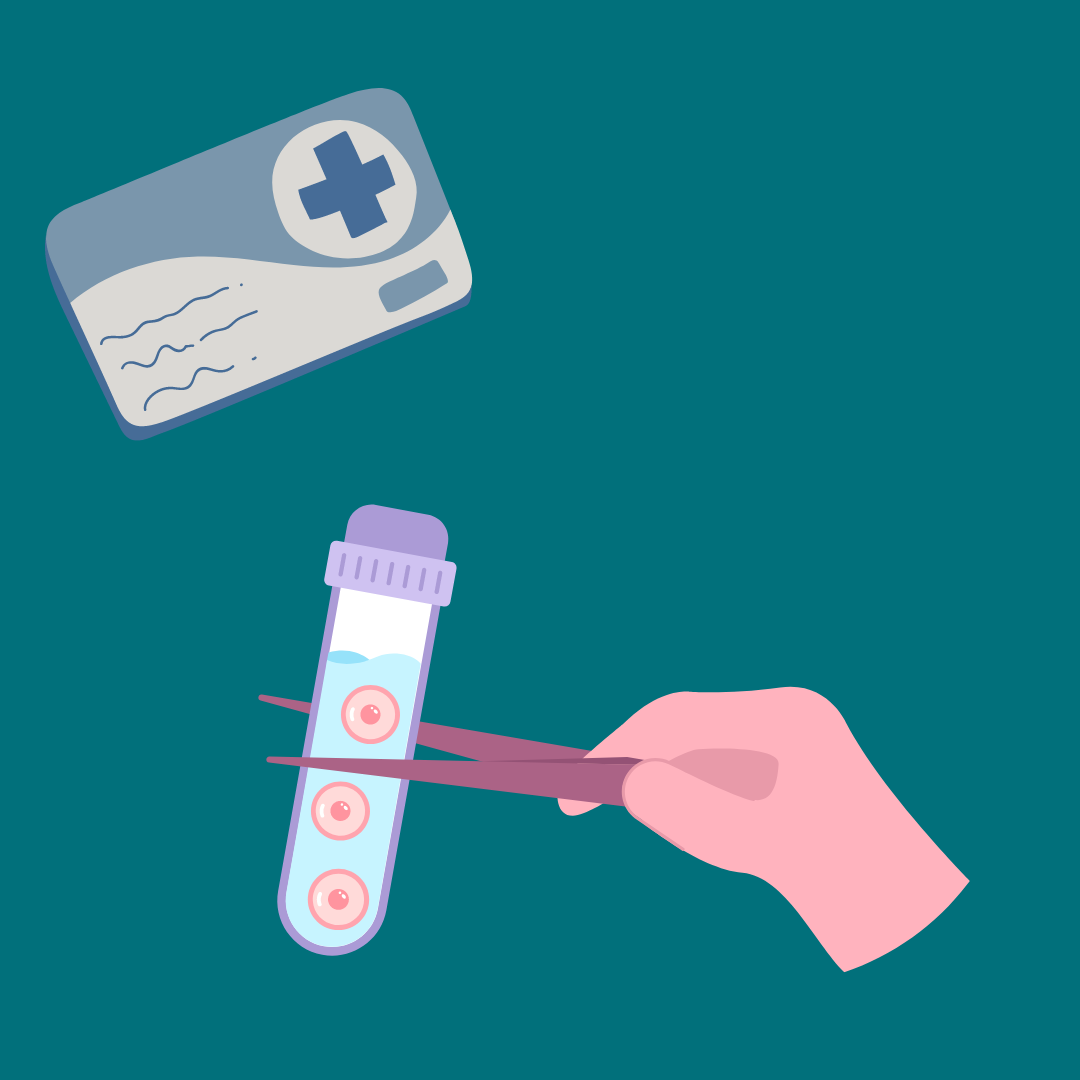Aggregated News

Amber Bohlman tried almost everything to get pregnant. For five years, she took hormones that gave her headaches. Bohlman underwent three rounds of intrauterine insemination (IUI), in which her partner’s sperm was directly implanted into her uterus. Though the procedure was covered by her insurance, which she received through the Veterans Health Administration (VHA), she still paid $200 out of pocket each time.
Bohlman, a 36-year-old fish culturist in Fairbanks, Alaska, spent those years hopefully watching her pregnancy tests, only to be disappointed when she saw a negative result each time. “You get your hopes up every month, and then you have to go through that sadness of it not happening,” she recalled. “You just keep doing that.” Bohlman, who did two tours in Iraq in her 20s, grew increasingly worried that she would run out of chances to get pregnant. Still, there was one method she still hadn’t tried: in vitro fertilization (IVF), which is generally considered to be the most effective form of assisted reproductive technology. Medical specialists could use her partner’s sperm to fertilize her eggs outside of...



